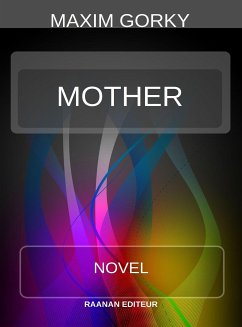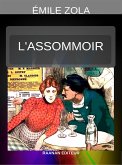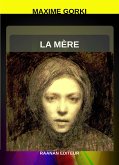Presentation
Mother is considered to be the only long work of Gorky on the Russian revolutionary movement. It remains the best known work of Gorky among the author's other important novels. He wrote the novel on a trip to the United States in 1906. The political agenda behind the novel was clear. In 1905, after the defeat of Russian's first revolution, Gorky tried to raise the spirit of the proletarian movement by conveying the political agenda among the readers through his work. He was trying to raise spirit among the revolutionaries to battle the defeatist mood.
In his novel, Gorky portrays the life of a woman who works in a Russian factory doing hard manual labour and combating poverty and hunger, among other hardships. Pelageya Nilovna Vlasova is the real protagonist; her husband, a heavy drunkard, physically assaults her and leaves all the responsibility for raising their son, Pavel Vlasov, to her, but unexpectedly dies. Pavel noticeably begins to emulate his father in his drunkenness and stammer, but suddenly becomes involved in revolutionary activities. Abandoning drinking, Pavel starts to bring books to his home. Being illiterate and having no political interest, Nilovna is at first cautious about Pavel's new activities. However, she wants to help him. Pavel is shown as the main revolutionary character. Nevertheless Nilovna, moved by her maternal feelings and, though uneducated, overcoming her political ignorance to become involved in revolution, is considered the true protagonist of the novel.
Wikipédia
Dieser Download kann aus rechtlichen Gründen nur mit Rechnungsadresse in A, B, BG, CY, CZ, D, DK, EW, E, FIN, F, GR, HR, H, IRL, I, LT, L, LR, M, NL, PL, P, R, S, SLO, SK ausgeliefert werden.









